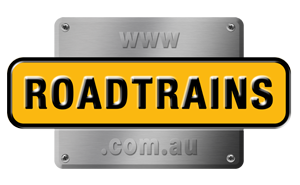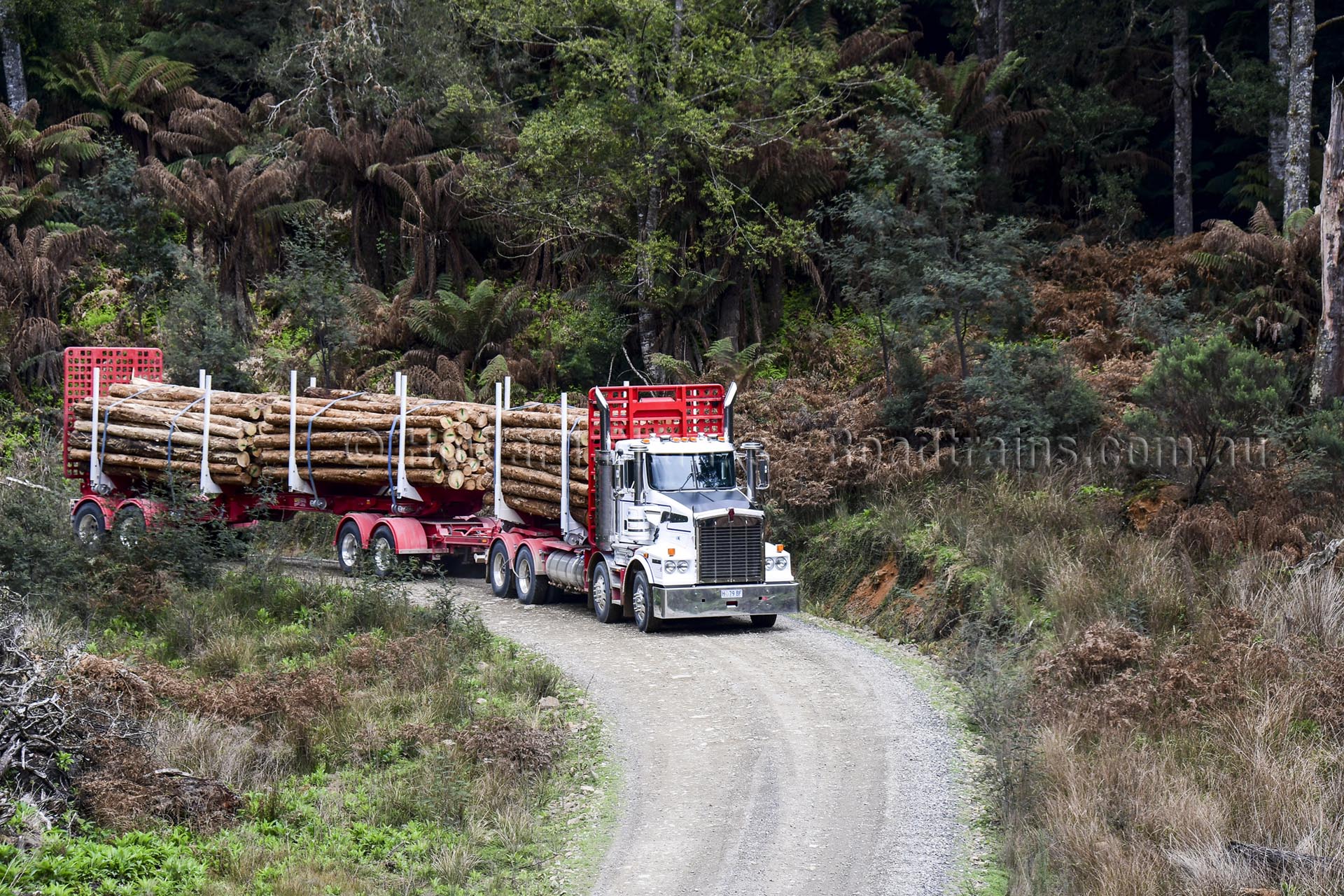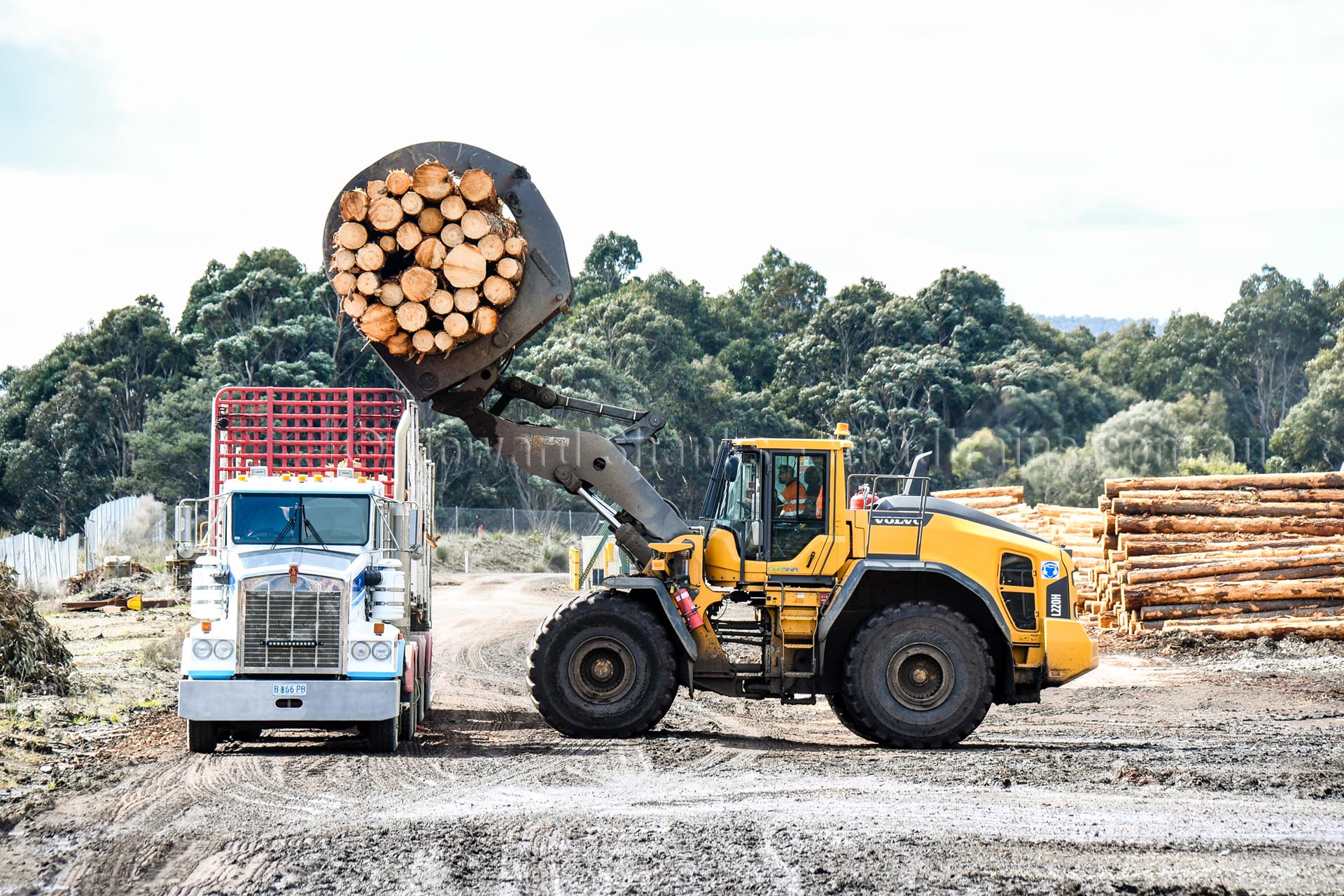The soon-to-be-released NHVR Forestry Log Haulage Industry Code of Practice is said to be an essential guideline that will set the standards for safe and efficient operations within the forestry log hauling industry for the future. This comprehensive document addresses various aspects of log transportation, promoting safety, compliance, and environmental sustainability. In this review, we will explore the key features of the code and evaluate its effectiveness in facilitating industry-wide best practices.
-
Safety Measures: The foremost highlight of the NHVR Forestry Log Haulage Code of Practice is its unwavering focus on safety. By outlining comprehensive safety measures, including vehicle maintenance protocols, load securing requirements, and driver training standards, the code ensures that all stakeholders prioritize the well-being of their workforce and the general public. It promotes a culture of safety and helps prevent accidents and incidents that may result in injury or property damage.
- Compliance and Regulation: The code of practice provides a clear framework for compliance with relevant legislation and regulations. It helps industry participants understand their legal obligations and ensures that all operations align with the prescribed standards. By harmonizing compliance requirements, the code fosters consistency and transparency in the industry, minimizing confusion and promoting fairness among operators.
- Environmental Considerations: Recognizing the importance of environmental sustainability, the NHVR Forestry Log Haulage Code of Practice includes provisions that encourage responsible resource management. The code emphasizes minimizing the impact on ecosystems, waterways, and sensitive habitats during log transportation. It promotes the use of best available technologies and practices that reduce carbon emissions, waste, and pollution, contributing to a more sustainable future.
- Stakeholder Collaboration: The code of practice encourages collaboration and communication between industry participants, regulators, and other stakeholders. By fostering dialogue and sharing best practices, it creates an environment of continuous improvement. Regular consultation and feedback mechanisms allow for the incorporation of evolving industry standards, ensuring that the code remains relevant and effective in addressing emerging challenges.
- Operational Efficiency: Efficiency is a critical factor in the forestry log haulage industry, and the code recognizes this by providing guidance on operational practices. It covers areas such as route planning, scheduling, and load optimization, aiming to enhance productivity while maintaining safety standards. By promoting streamlined processes and innovative approaches, the code helps operators reduce costs, increase productivity, and deliver services more effectively.
Conclusion:
The NHVR Forestry Log Haulage Code of Practice serves as an invaluable resource for the industry, effectively addressing safety, compliance, and environmental concerns. Its comprehensive guidelines, rooted in collaboration and stakeholder engagement, contribute to a safer and more efficient industry landscape. While continuous monitoring and periodic updates are essential to keep pace with changing industry dynamics, the code stands as a testament to the commitment of the forestry log haulage industry to responsible practices and sustainable growth.
Download a Draft Copy of the NHVR Forestry Log Haulage Industry Code of Practice
Related Links:
Elphinstone introduces Self-Loading log trailers.
Elphinstone Engineering Dolly Logger Review.
Elphinstone on Vehicle Weighing Systems saves.






